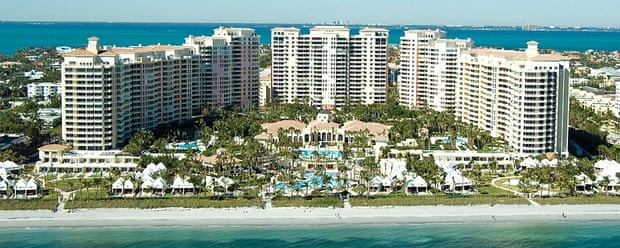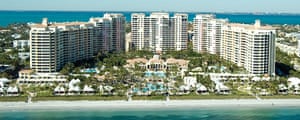By Eric Glazer, Esq.
I really wish I didn’t have to write this particular blog this week. It’s about another HOA President who helped herself to the association’s funds when she thought she wouldn’t get caught. And if not for the hard work of a particular resident of the community, she might have been right.
Three years after the case started, I decided to look at the very first e-mail I received from my client and this is how it reads:
Greetings Dr. Glazer,
I’ve been a CCFJ member since 2007, and you were recommended to me by Jan Bergemann when I asked for a homeowner-friendly HOA attorney in the Fort Lauderdale area. (Jan said to say, “hello.”)
Myself and several homeowners in my community have discovered evidence that our HOA board is writing checks to someone that doesn’t exist based on a contract that also doesn’t exist. We attempted to approach the board at its last regularly-scheduled meeting, hoping the honest members would begin an investigation. Tonight, we had a general membership meeting, and it’s apparent that the board is doubling-down in an attempt to deflect from the theft of association funds and instead, so it seems, initiate a lawsuit against us.
Now here’s the funny part. You know the joke about asking someone if they think they’re a rocket scientist? Well my client actually is a rocket scientist. So, he wasn’t afraid or stupid enough to turn away and avoid the fight. When the Board tried to convince him to mind his business, he dug his heels in harder.
I got hired by Steve and demanded some records from the association and the City of Tamarac. The records showed that someone with nearly the identical name as the President was getting paid by the HOA for acting as a liason for the City of Tamarac. The only problem was that The City of Tamarac never employed such a person and there was no such position as City Liason. Notwithstanding this, the payments went on for years, even under the nose of a professional management company.
Finally, my client and I met with the police, we provided exemplary records, and an arrest was made. Last week, the President changed her plea from not guilty to guilty. There was no slap on the wrist this time. She was sentenced to five years incarceration, 15 years probation and ordered to pay back $192,000.00 in restitution.
The former President of course got all the publicity in the press, even though it certainly was negative publicity. My client, who truly uncovered the crime and spoke about it years ago on the Condo Craze and HOAs Radio Show received no Thank You at all from the prior board and certainly no accolades in the press. Without him and a few others at the HOA, who knows how long this would have went on and who knows how much more the owners would have suffered.
So this week……here’s to you Steven Soloff for being smart enough and brave enough to fight back, ask questions, and refusing to take NO for an answer. You are an example for all owners in community associations throughout Florida of what to do when you think you’re being ripped off and are stonewalled when you start asking questions. Your neighbors certainly owe you a drink.








